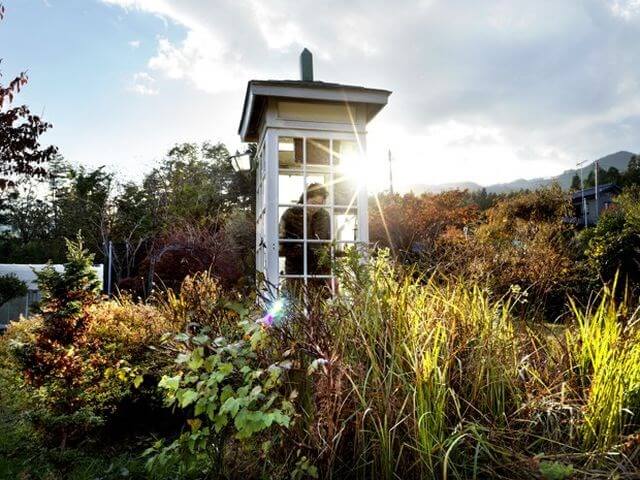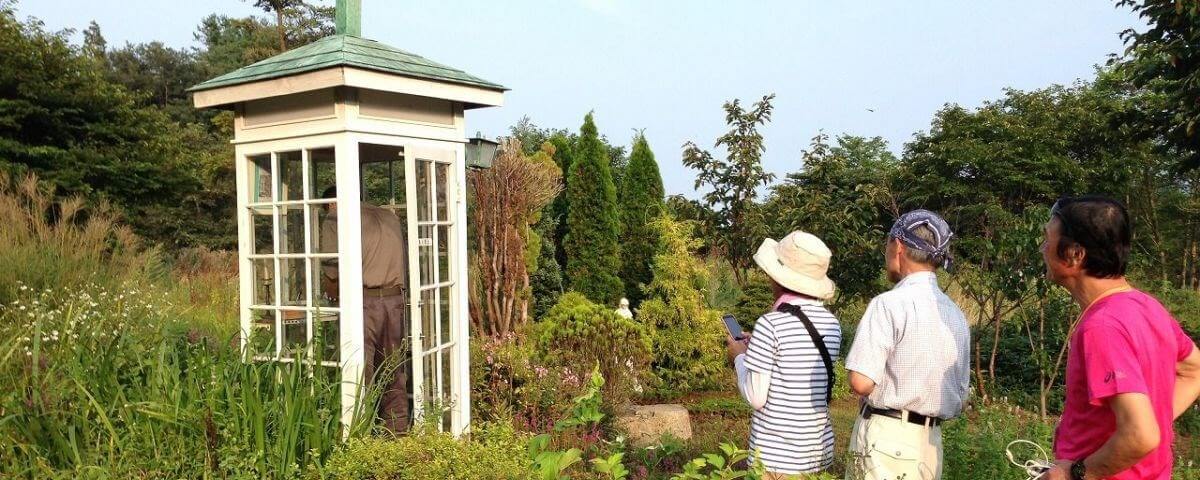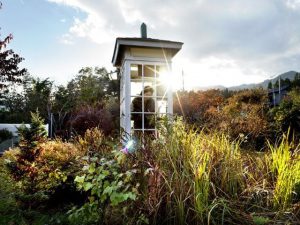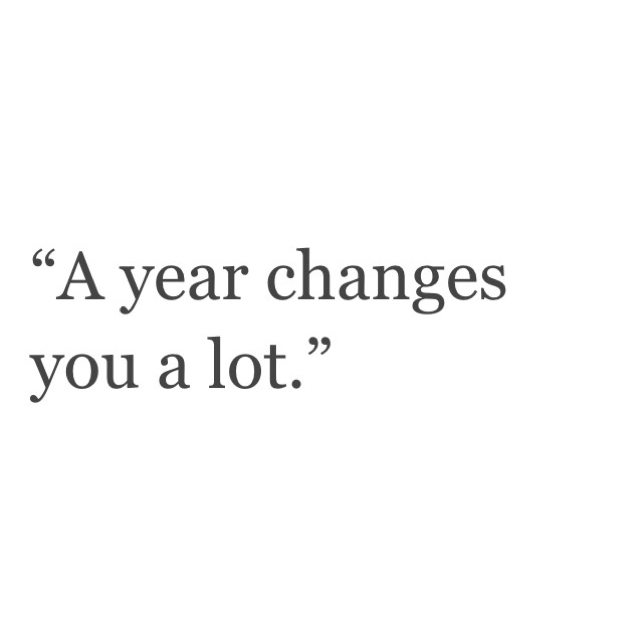Talking with the Dead
I have learned so much from grieving people and I continue to be amazed at the creative, meaningful, and symbolic rituals they take on in the journey of missing their loved one.
Recently, I came across a story deeply grabbed my heart and that I am so thankful I listened to. From the podcast, This American Life, I listened to Episode #597, “One Last Thing Before I Go.”
 To paraphrase the story for you, in Japan a man’s cousin died. Desiring an outlet for his grief, he found an old phone booth and installed it in his yard. The phone was old, unconnected, rusting – but that was fine. He didn’t want the phone to carry his voice through wires to the living, he wanted his words to “be carried on the wind” to his cousin. He lived in the town of Otsuchi, one of the towns most decimated by the tsunami in 2011. In Otsuchi alone, the tsunami claimed the lives of 800 people and 400 are still missing to this day.
To paraphrase the story for you, in Japan a man’s cousin died. Desiring an outlet for his grief, he found an old phone booth and installed it in his yard. The phone was old, unconnected, rusting – but that was fine. He didn’t want the phone to carry his voice through wires to the living, he wanted his words to “be carried on the wind” to his cousin. He lived in the town of Otsuchi, one of the towns most decimated by the tsunami in 2011. In Otsuchi alone, the tsunami claimed the lives of 800 people and 400 are still missing to this day.
Since the horror of the tsunami, the phone booth has become a place of connection for thousands of Japanese people seeking peace and connection to their relatives that died or are still missing.
A film documentary chronicled the journeys and words of visitors to the phone booth. These visits are heart-breaking, sobering, and tragically beautiful. People travel hours, hundreds of miles, to have a few minutes with the phone-on-the-wind.
I believe that the phone booth offers some deeply important healing elements to it’s visitors, things that I think most bereaved people crave but don’t know how to alleviate.
 The need for that communion – The documentarians noticed that the first thing people did when they entered the phone booth was dial the phone number of their loved one. The ritual was gone through of calling, greeting them, sharing updates about their lives, how much they miss them, and parting with a goodbye. The phone booth provides a familiar way of communication, something that feels normal and that offers the sensation of them being nearby, not-so-far-away – and we are comforted by that.
The need for that communion – The documentarians noticed that the first thing people did when they entered the phone booth was dial the phone number of their loved one. The ritual was gone through of calling, greeting them, sharing updates about their lives, how much they miss them, and parting with a goodbye. The phone booth provides a familiar way of communication, something that feels normal and that offers the sensation of them being nearby, not-so-far-away – and we are comforted by that.
The symbol of connection – Symbols are so vital in the business of grief. This phone that has no wires or electricity; it carries words on a spiritual and natural wind – an idea that goes beyond the scientific or technological confines of this world. Symbols help us to find a way to peace and connection, a bond that lasts because it cannot be explained away.
 A safe place – The booth itself is interesting because it is a place to go and be alone, but it is also all glass so people know that if you are in the booth, you are in pain. It offers privacy while making public the desire to connect. I think grievers thrive in that liminal space where they are seen but not in totality. They are recognized and acknowledged as hurting, but no one is in full comprehension of their private pain. Grief is simultaneously shared and deeply personal and the booth beautifully encapsulates that juxtaposition.
A safe place – The booth itself is interesting because it is a place to go and be alone, but it is also all glass so people know that if you are in the booth, you are in pain. It offers privacy while making public the desire to connect. I think grievers thrive in that liminal space where they are seen but not in totality. They are recognized and acknowledged as hurting, but no one is in full comprehension of their private pain. Grief is simultaneously shared and deeply personal and the booth beautifully encapsulates that juxtaposition.
A way to speak – Some people are able to get their thoughts and words out in journals, support groups, or prayer – but I think all of us would say that having the chance to just speak one more time to our loved one would be incredibly meaningful. The words that poured out from the souls that visited the booth were full of questions,
- “Are you ok?”
- “Are you cold?”
- “Have you eaten anything?”
- “Where are you?”
The translator on the episode explained that in Japanese culture the phrase “I love you” is not used. Instead, love is expressed through questions like the above, questions that express care, concern, and love. Over and over in the documentary you hear these questions, and so truly you are hearing a thousand different ways of saying, “I love you,” the very phrase they don’t say.
In the end, people walk out of the phone booth with no circumstantial change, their world is still vacant of a precious person, they may even feel more lonely leaving the booth. But I think they know that, and I think the comforting pain of the phone booth is not a reminder of their loneliness but a reprieve from it. To say, “I talked to … today,” is something we grievers would give anything to feel and say.




